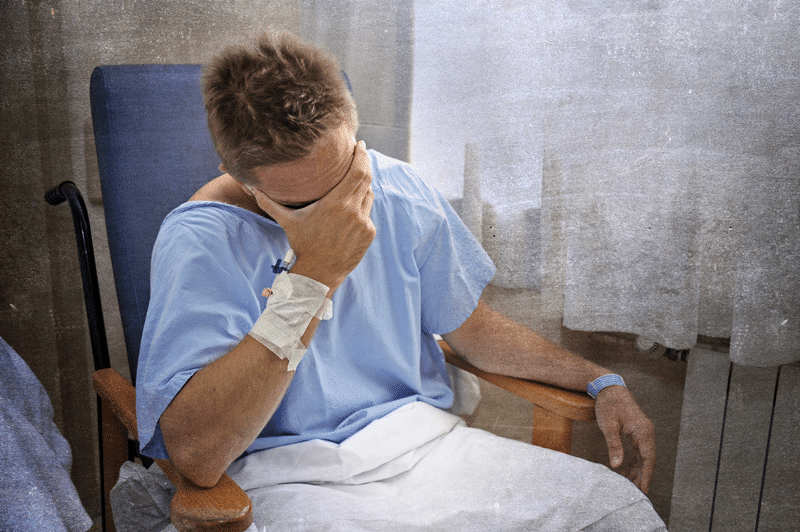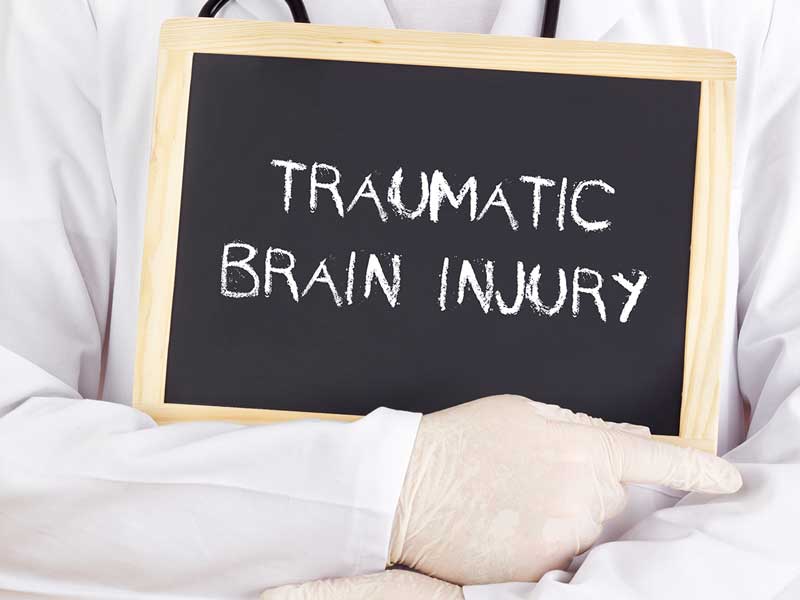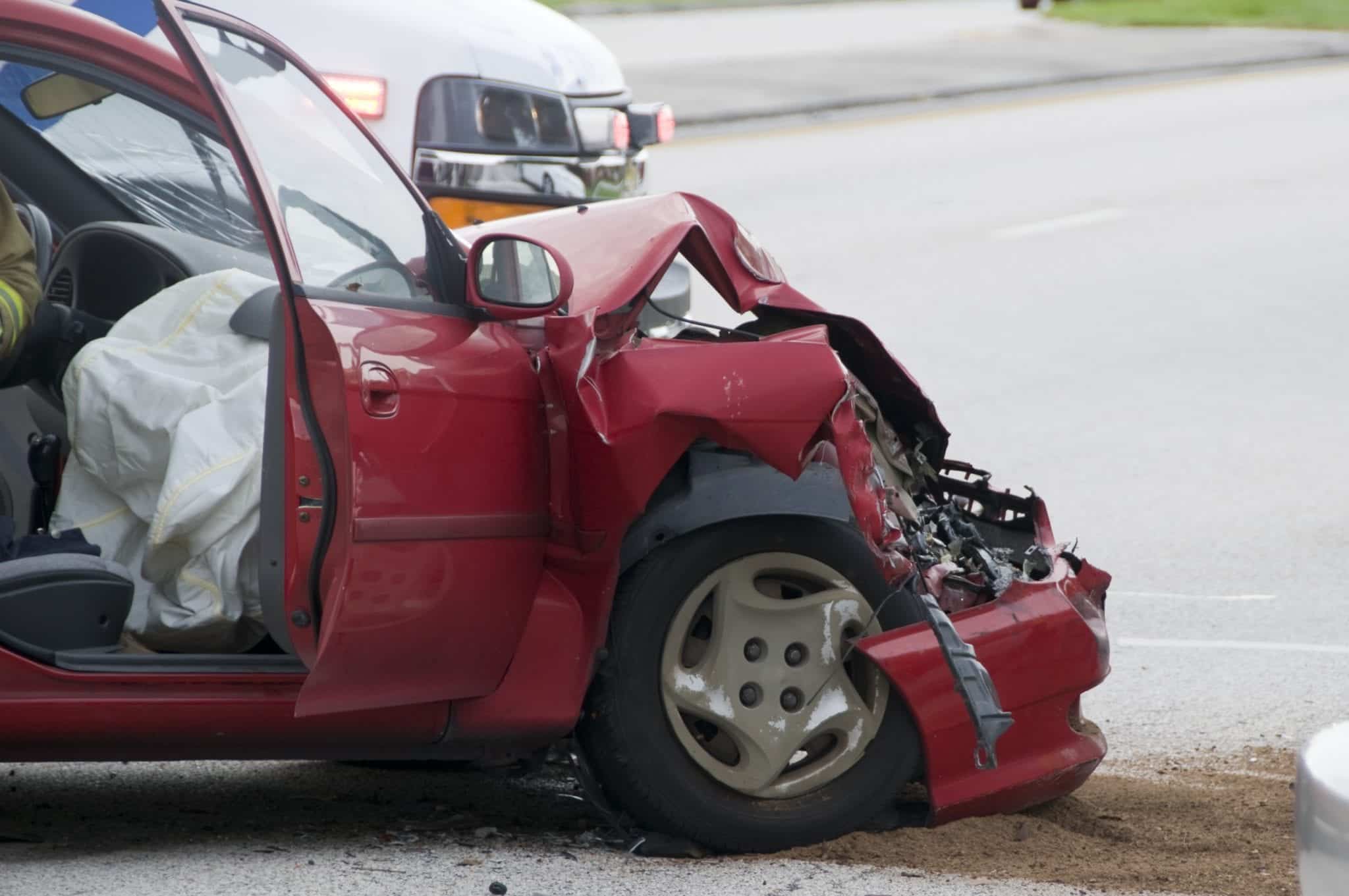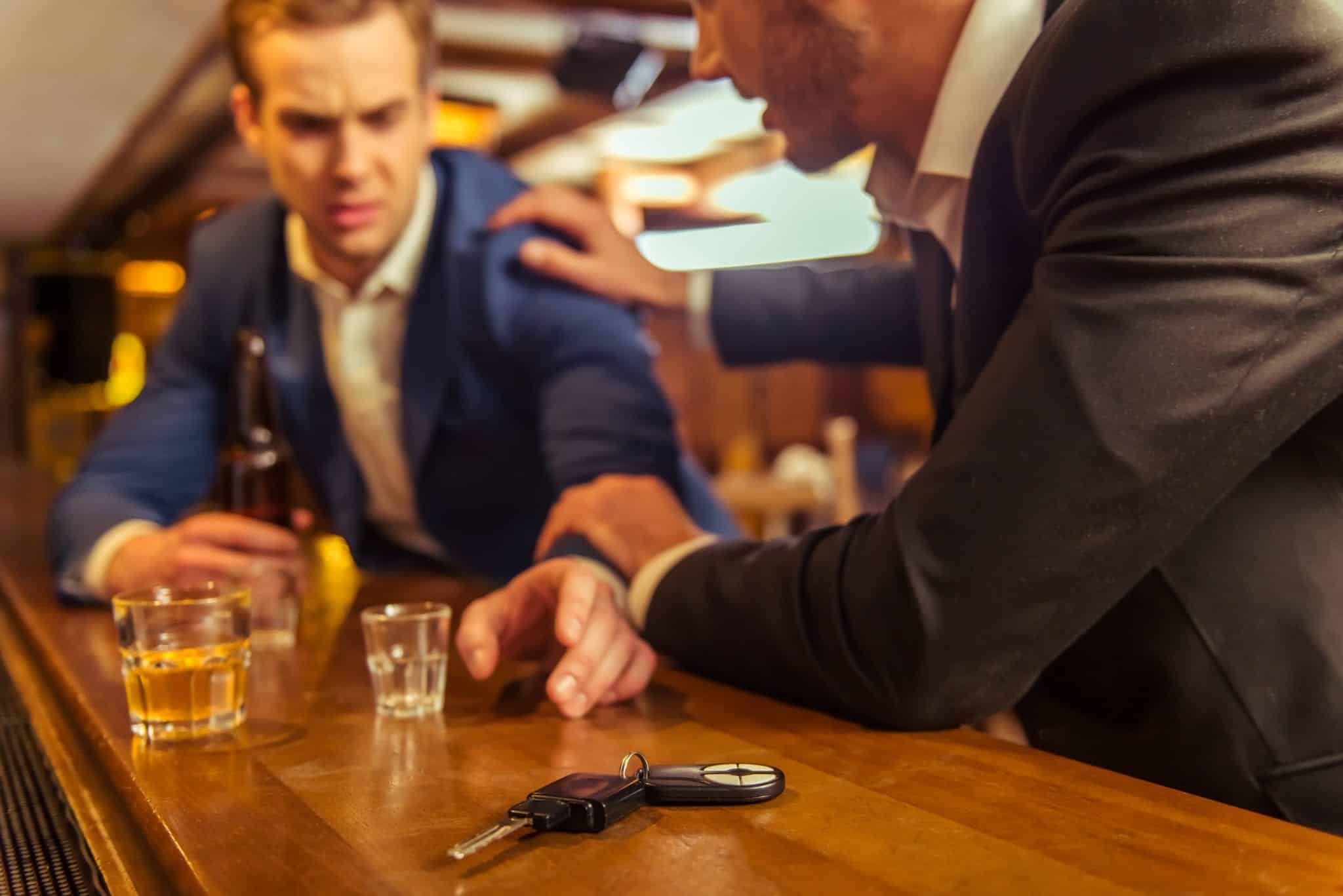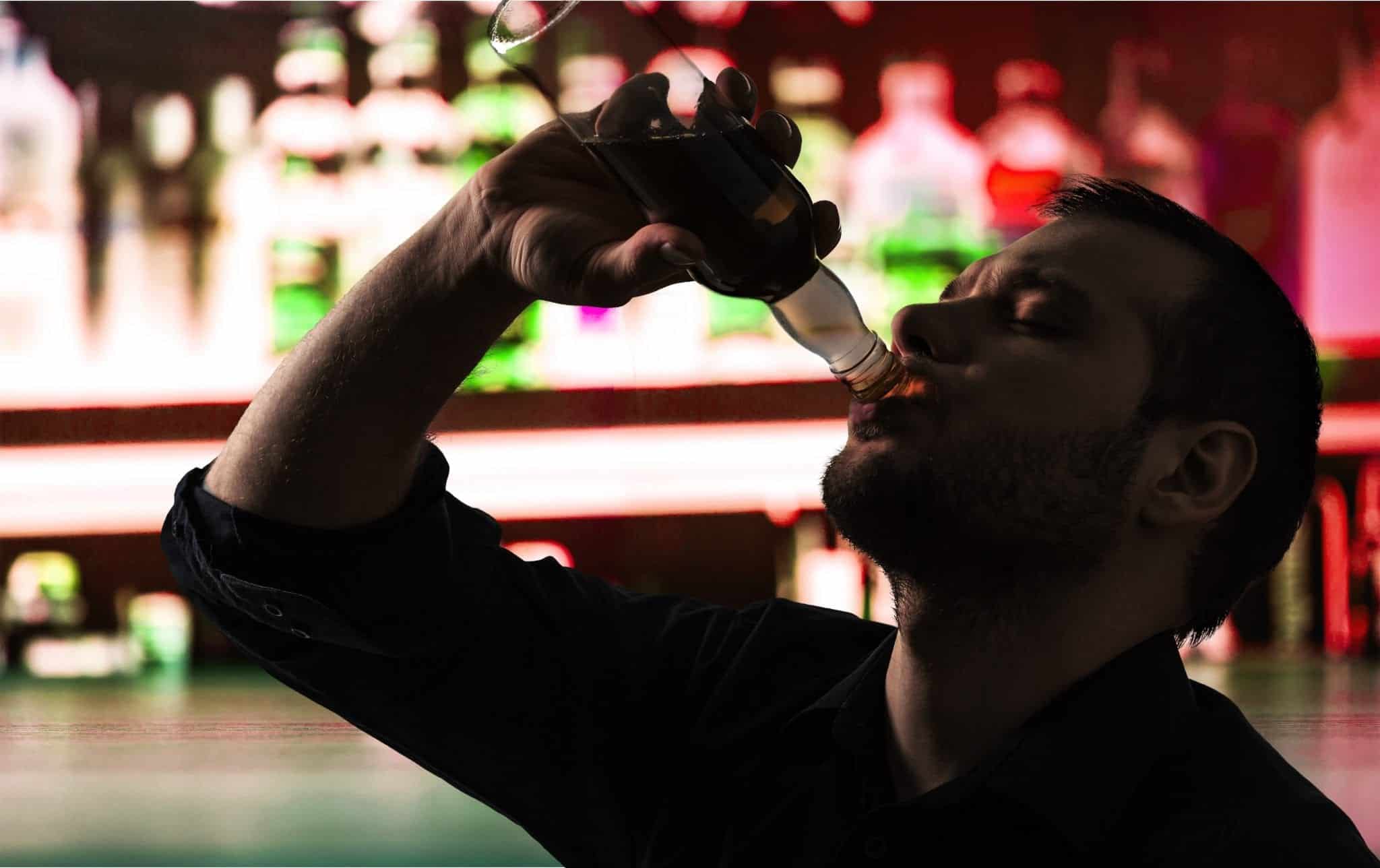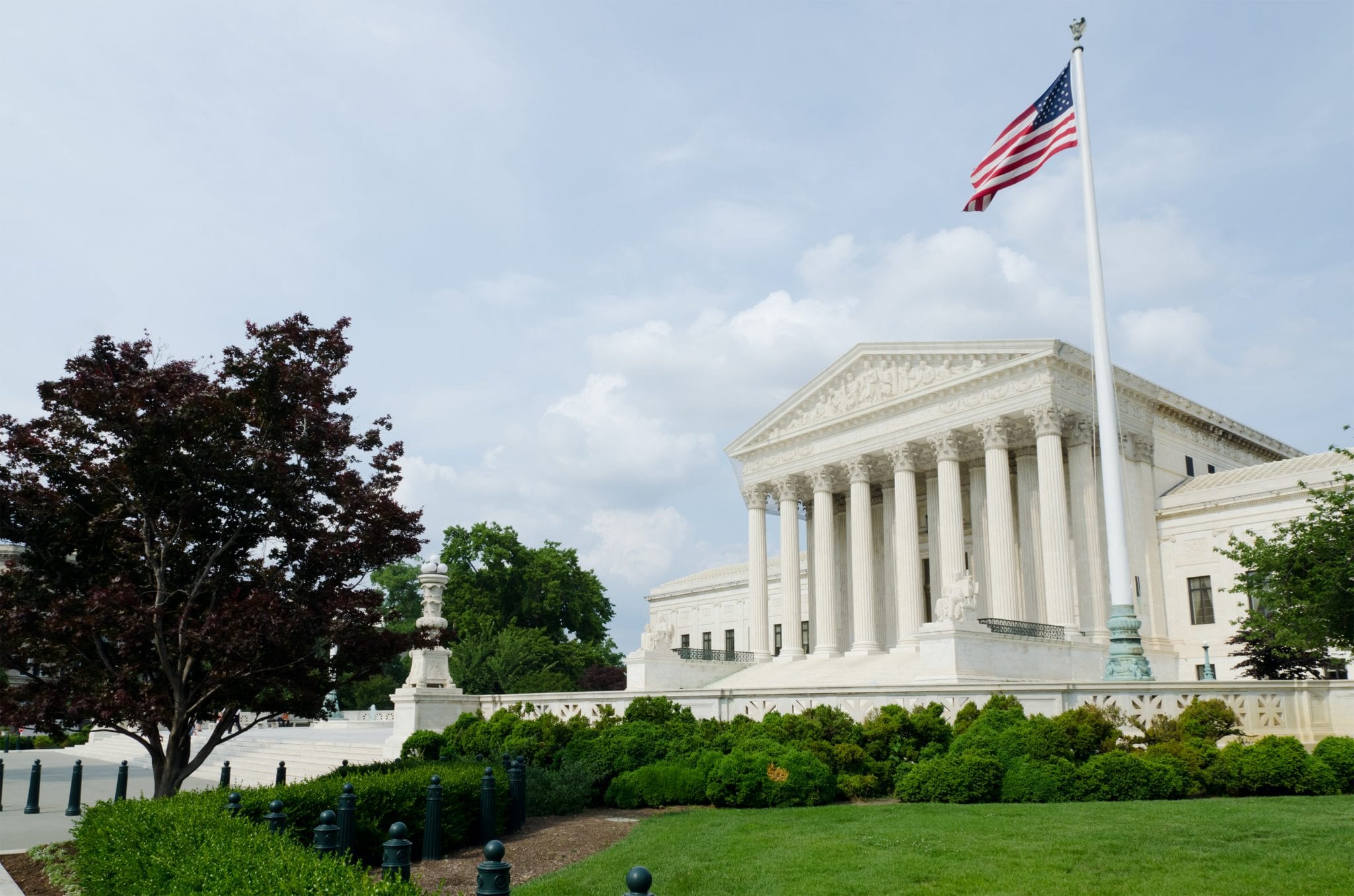Be Careful With What You Post Online
You should be cautious about online activity following a Georgia automobile accident. Social media evidence can play a key role in personal injury cases. Personal injury defense lawyers monitor claimants’ social media accounts to find out if they are exaggerating their injuries. If a plaintiff claims that they have a severely injured back, but is later seen snowboarding on Instagram or Facebook by the opposing party, it can completely kill their case. But it isn’t just those faking injuries that have something to fear from social media; legitimately injured victims of accidents can lose out on compensation because their social media image makes them look like they are doing better than they actually are.
A Picture Is Worth A Thousand Words
As one article bluntly puts it, “appearing happy on social media may be used against you in a court of law.” The article goes on to discuss the case of Fotini Kourtesis, a Canadian woman that sued a man for rear-ending her as she drove to work in the year 2000. Fotini was 18 years old at the time of the crash, and claimed that the crash left her in chronic pain and unable to enjoy life the way she once did. According to her own testimony, and the testimony of her friends and family, Fotini was telling the truth.
Spoliation Is Against The Law
But then the opposing party found some photos of her on Facebook, posted after the accident occurred, which completely changed the outcome of the case. The photos showed Fotini smiling and dancing with her family. She appeared to be having fun. Forini claimed that she was merely posing as a happy person for the sake of having positive looking family photos, but that in reality she was suffering. But in the end, the photos destroyed her “loss of enjoyment of life” claim. The judge stated, “even if posed, the photographs were taken in an active social life setting” and this is how Kourtesis still “enjoys life.”
Deleting Social Media Information May Not Be the Answer
At this point you may be thinking that all you have to do is delete incriminating social media evidence before the other side sees it. Actually, doing this could lead to more problems. This is because litigants in a case have a duty to preserve all relevant evidence – including social media evidence.
A party to “contemplated or pending” litigation that destroys evidence “necessary” to the other party’s case can be sanctioned for spoliation in Georgia. This duty to preserve evidence extends to social media evidence. In a recent Virginia case, Lester v. Allied Concrete Co., the court sanctioned both the plaintiff and his counsel for, in part, “spoliation of Facebook evidence.” In that case, the lawyer helped his client “clean up” his Facebook page by deleting incriminating content before complying with a discovery request issued by the opposing party.
FOR MORE INFORMATION, CONTACT THE KENNESAW, GA ACCIDENT INJURY ATTORNEYS AT Williams Elleby Howard & Easter
Personal injury cases can be complicated, and personal injury victims should rely on qualified and experienced legal counsel to get the compensation they deserve. If you have been the victim of a personal injury in the State of Georgia, contact the Kennesaw, GA accident injury attorneys at Williams Elleby Howard & Easter, to schedule a free consultation at 833-LEGALGA
